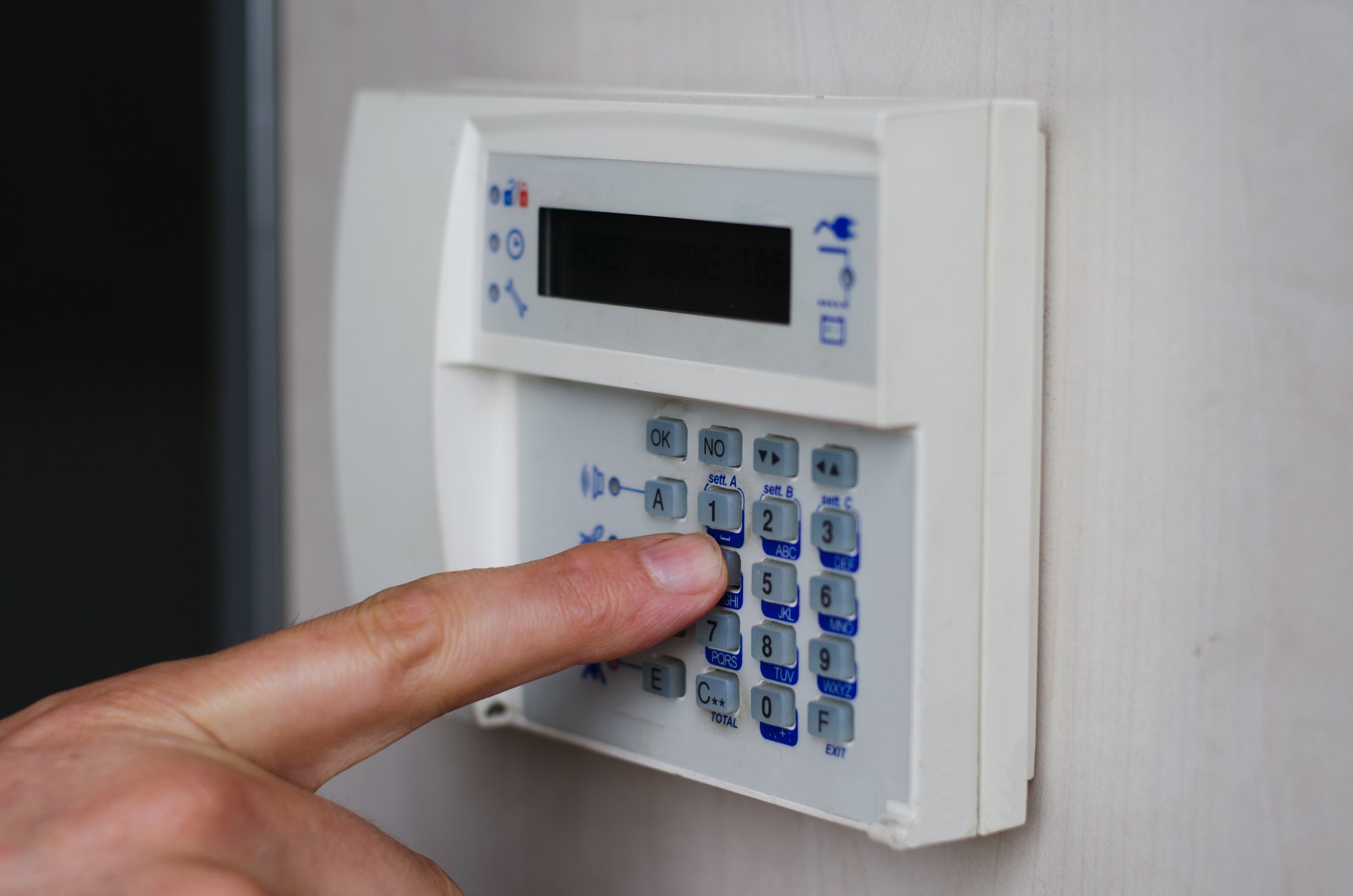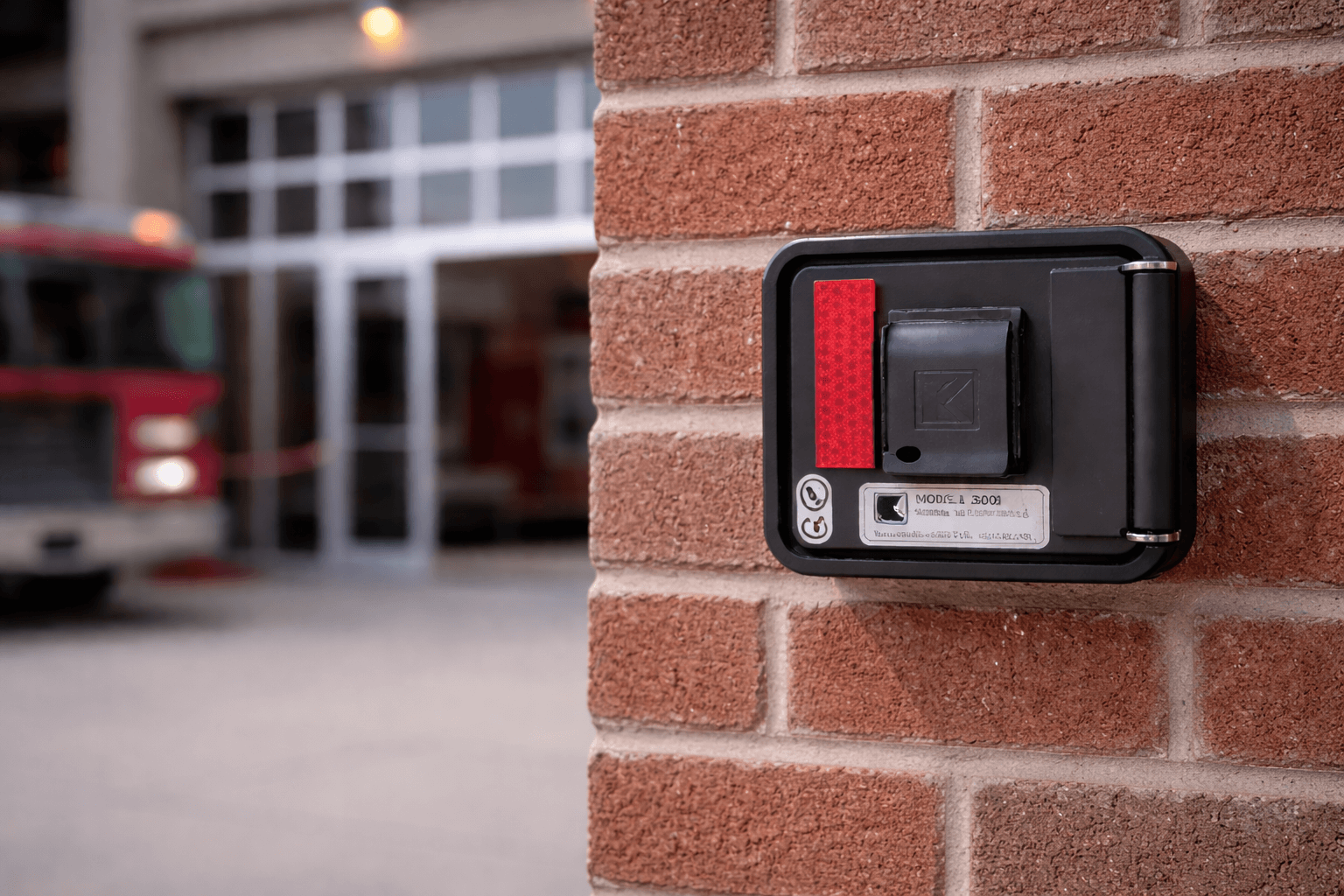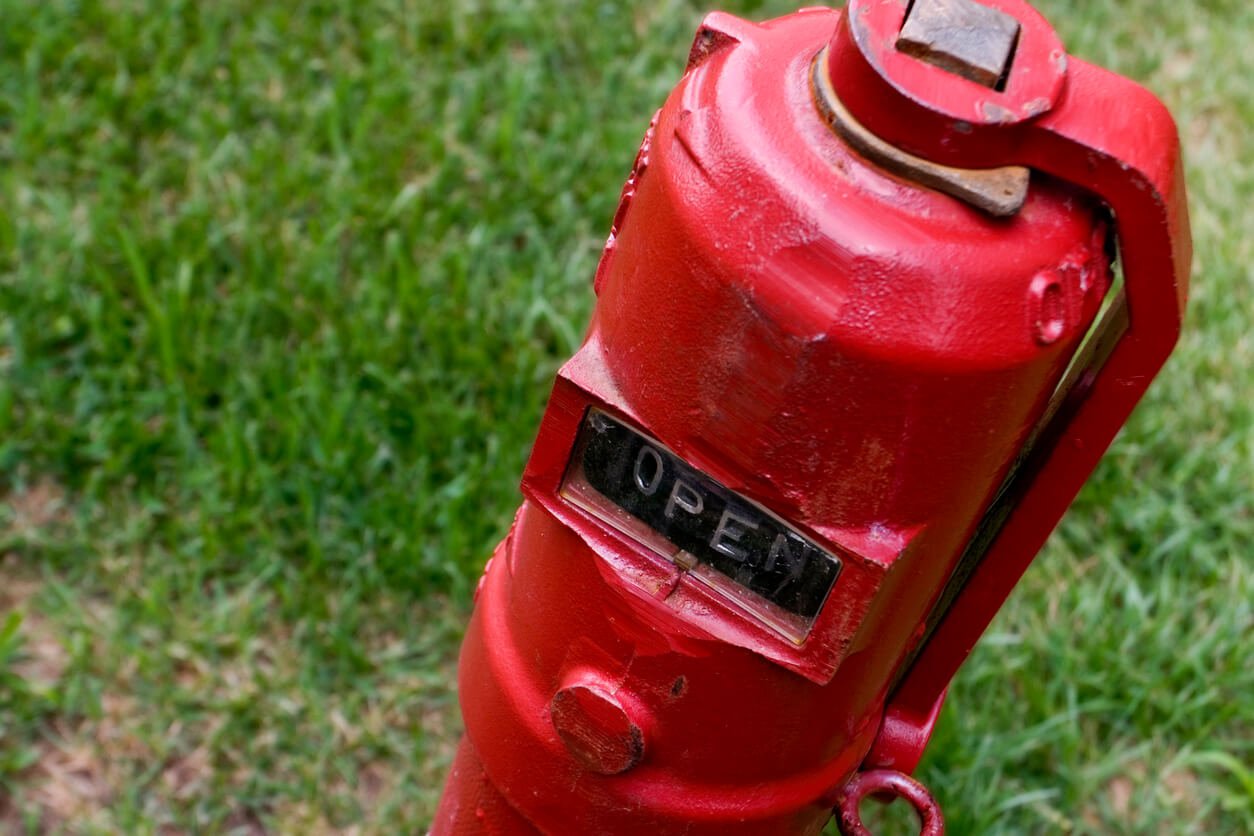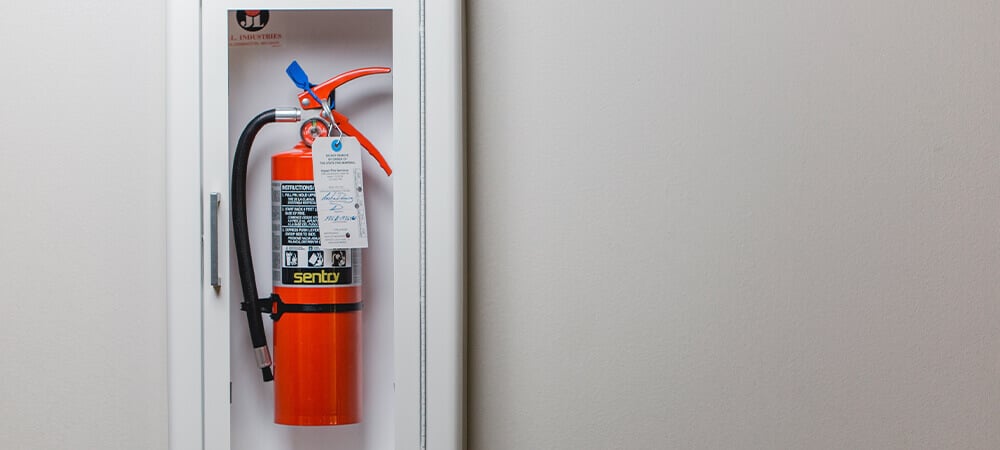What Are The Top 4 Security Systems for Small Businesses?
- Security cameras and video surveillance
- Commercial alarm systems
- Access control
- Remote security monitoring
As a small business owner, security should always be top of mind. High-quality business security solutions can help manage concerns—from preventing break-ins to tracking carbon monoxide levels — so that you can focus on running your business operations with fewer frustrations.
The following security systems for small businesses cover different aspects of a well-rounded physical security plan and can be used in conjunction to ensure maximum protection.
#1: Security Camera Systems and Video Surveillance
Security camera systems and video surveillance serve multiple purposes in your business security system. While security camera options refer to the physical equipment like cameras and network video recorders, video surveillance encompasses the broader process of monitoring, recording, and analyzing video feeds for security purposes.
Benefits for small businesses include:
- Deter theft and vandalism, reducing potential threats and losses
- Provide evidence for insurance claims or legal proceedings
- Monitor employee productivity and customer behavior
- Enhance customer and employee safety
For retail businesses, security cameras can monitor high-value merchandise areas. Restaurants can use them to oversee food preparation areas for quality control. Professional services firms can secure sensitive document storage areas.
Modern business security cameras offer features like video analytics for intelligent threat detection, cloud backup solutions for easier access and management of footage, and high-resolution imaging for clear video in various conditions. These cameras can be installed either as a single unit in a problem area or as a connected system for an overview of the whole business, providing better security overall.
#2: Commercial Alarm Systems
Commercial alarm systems will sound an alarm in the event of an incident on the business's premises. Whether that's broken glass during a break-in, a carbon monoxide detector getting triggered, or even a smoke detector sounding off, this measure helps to alert local police or security services.
Security benefits for small businesses include:
- Immediate alert to potential security breaches or safety hazards
- Integration with fire detection and other devices for comprehensive protection
- Potential insurance premium reductions
- Peace of mind during off-hours
For example, a small manufacturing business can benefit from alarms that detect unauthorized access to equipment areas. Retail stores can use alarms to protect after-hours inventory.
Modern commercial alarm systems can integrate with your smartphone, allowing real-time alerts and remote arming/disarming. Advanced motion sensors and entry sensors can be calibrated to reduce false alarms caused by small movements. Integration with other security solutions provides comprehensive security for your business property.
#3: Access Control
Limiting, or at least monitoring, who has access to the business can help reduce internal theft as well as prevent unauthorized access to restricted areas.
Security benefits for small businesses include:
- Restrict access to sensitive areas (e.g., inventory, financial records)
- Track employee entry and exit times
- Easily manage access for temporary workers or contractors
- Integrate with payroll systems for accurate time tracking
For professional services firms, access control can secure client files. In healthcare practices, it can help maintain patient privacy by limiting access to records.
Electronic access controls such as entry sensors, key cards, or facial recognition provide an additional barrier to unwanted entry. While biometric systems are generally more secure, it's worth noting that no system is completely foolproof, and regular security audits are recommended.
Modern access control systems include touchless methods and mobile credentials. Cloud-based access control systems offer enhanced security and convenience. These electronic controls can also provide reports of access to the building or schedule access for employees or cleaning crews. Integration with video surveillance can further enhance security by providing visual verification of access events.
#4: 24/7 Remote Security Monitoring
Remote security monitoring—also referred to as central station monitoring—ensures that alarms reach monitoring centers at all times and trigger a response. With an appropriate system monitor, an alarm system can be connected through phone lines, the internet, or even a cell network to a monitoring center that is staffed around the clock, year-round.
Security benefits for small businesses include:
- Rapid response to security breaches, even when the business is closed
- Potential to prevent or minimize theft and property damage
- Integration with fire and environmental monitoring for comprehensive protection
- Can be particularly valuable for businesses in high-crime areas or isolated locations
For instance, a small warehouse can benefit from 24/7 monitoring to protect valuable inventory. Restaurants can use it to quickly detect and respond to equipment failures or fires during off-hours.
Professional monitoring services can reduce false alarms through video alarm verification before dispatching authorities. Many monitoring options are implementing artificial intelligence to improve false alarm reduction, though the effectiveness can vary between providers.
Choosing Security Systems for Small Businesses
All of these security systems work well together to meet small businesses' security needs. When selecting a security system, consider factors like scalability, integration capabilities, and total cost of ownership (TCO).
While a 5-year period is often used for TCO calculations, the optimal timeframe may vary depending on your specific business needs and the cutting-edge technology involved.
A security specialist can help you identify the most relevant security concerns for your business to put together the most effective combination of security systems in a security assessment. Discussing the initial costs versus long-term benefits, including potential cost savings from reduced break-ins and insurance premiums, is crucial.
Additional Safety Considerations
When implementing security systems for your small business, consider:
- Cybersecurity for networked devices
- Legal compliance with data protection laws and privacy regulations
- Return on investment, factoring in potential savings from reduced theft and lower insurance premiums
- Scalability to accommodate business growth, potentially to multiple locations
- Staff training to maximize system effectiveness
Some security solution providers offer a money-back guarantee, which can provide peace of mind when making your decision. Additionally, consider whether professional installation or DIY setup is better suited for your business needs and technical capabilities.
Intelligent Security Systems for Small Businesses
By carefully considering these factors, you can implement a cost-effective security system that not only protects your business but also provides long-term value and peace of mind.
With the right combination of security cameras, alarms, access control systems, and monitoring, you can create a safer environment for your employees and customers while safeguarding your business assets against potential threats.
Impact Fire can help find the perfect security systems for your small business. Our experienced security experts can assess your current security environment and recommend personalized solutions. Contact us today to get started.
Editor's Note: This post was originally published on July 16, 2020, and has been updated for accuracy and current best practices.







